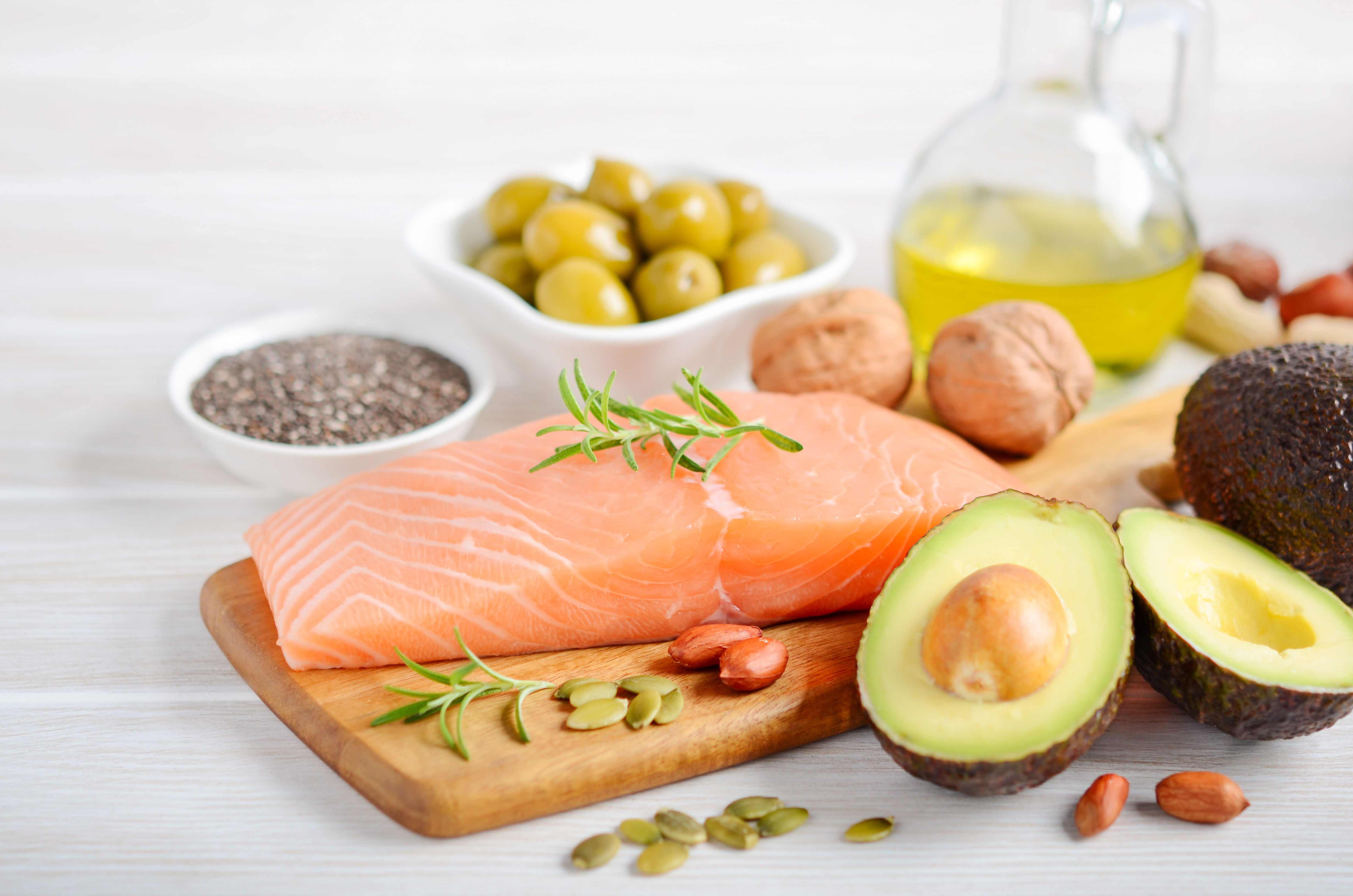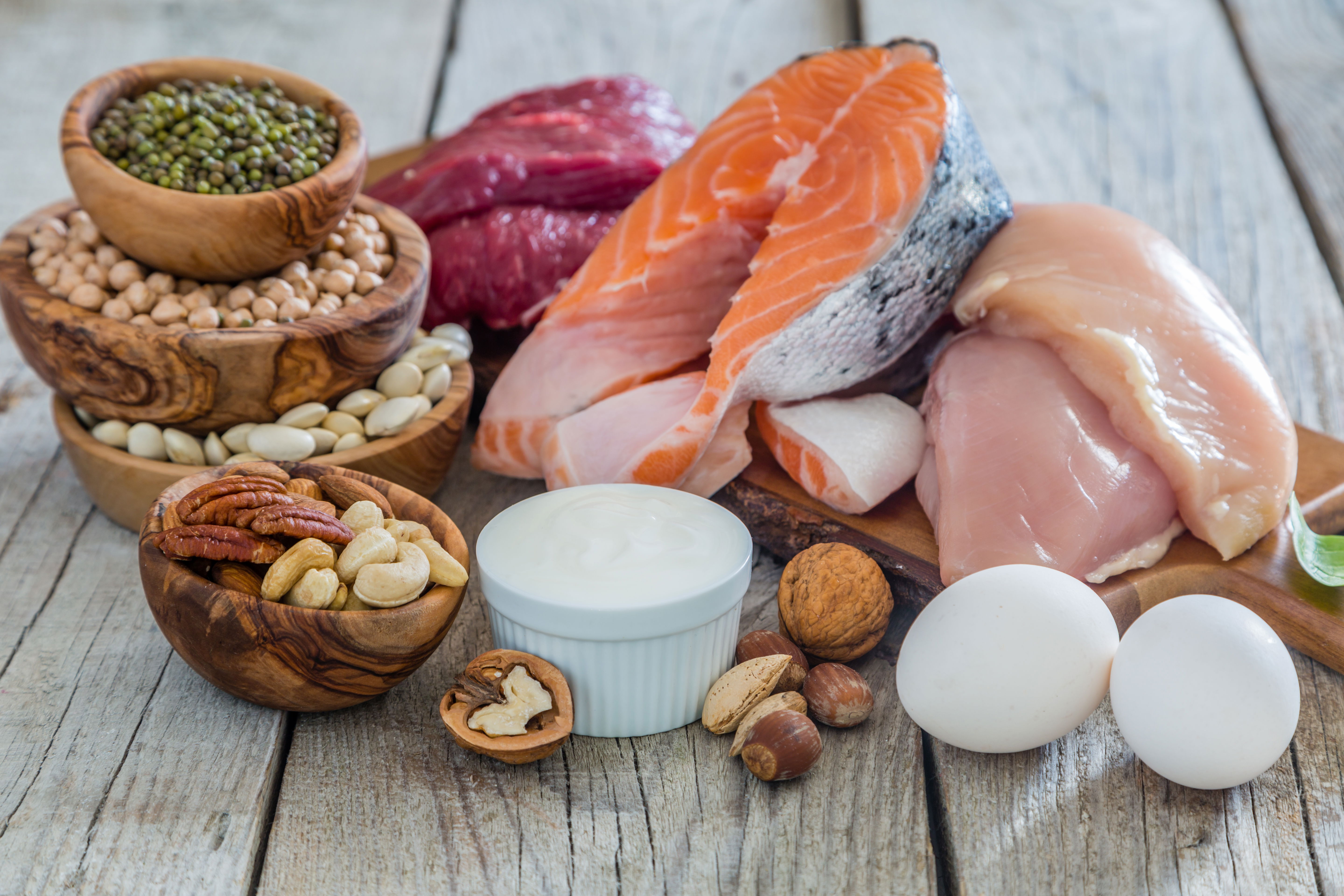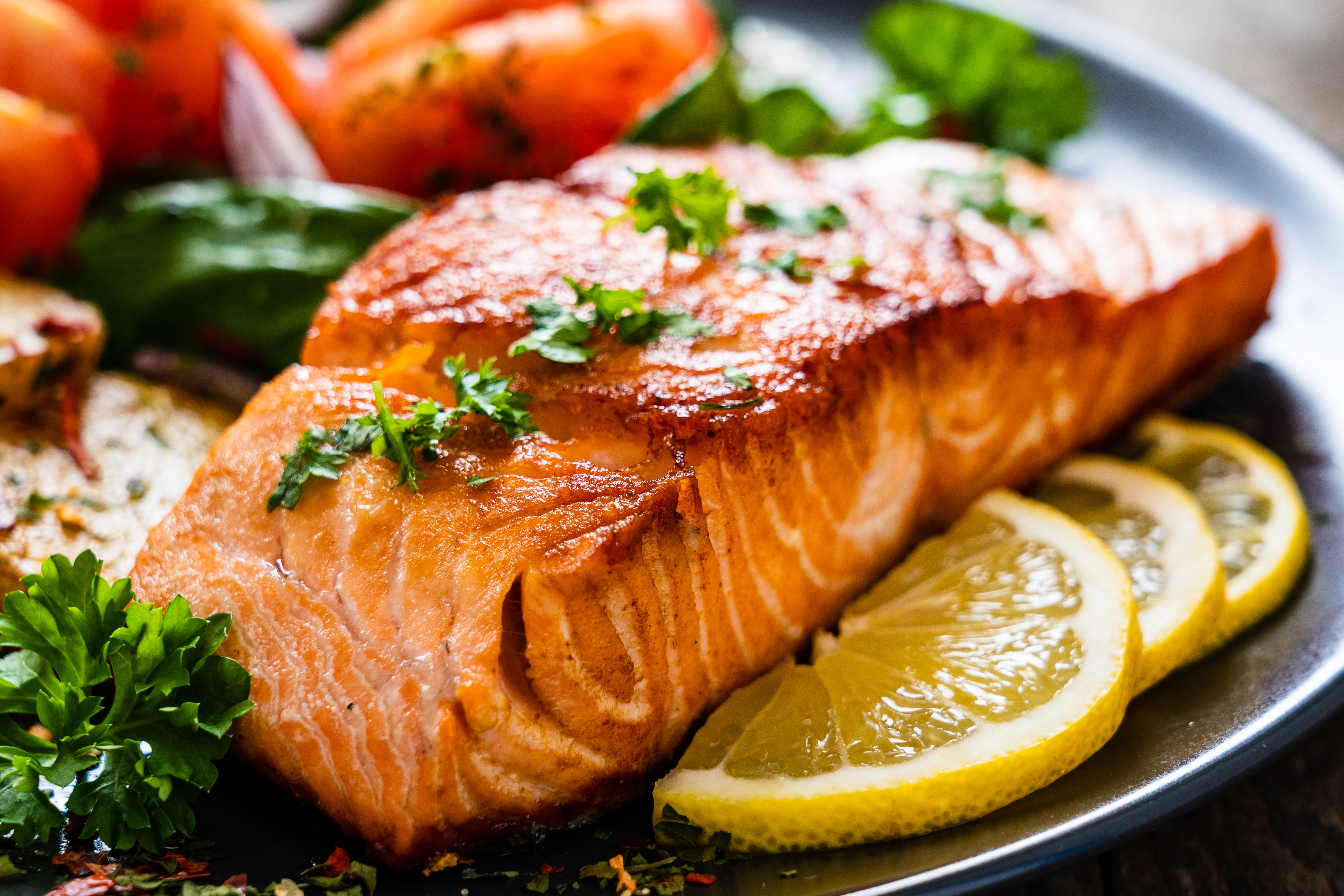Did you know that there are foods which can negatively impact your chances of getting pregnant – for both men and women?
Infertility affects one in every seven couples in the United Kingdom.1
While couples may not be able to manage all of the factors that contribute to infertility, they may control their diet. Nutrition and a healthy body weight can have a substantial impact on both spouses’ ability to conceive.
Male infertility affects up to one-third of couples, and each partner has an equal role in conception and fertility. Prior to cenception, it is critical that both couples improve their nutritional status. It is critical for the couple to remain consistent in order for the changes to be successful, and ideally, to begin making changes 3 months before trying to conceive.
It is really important to speak to your Doctor about scheduling a blood test to determine your current nutritional condition prior to conceiving and consult with a Dietitian to help you get back on track!
So, shall we find out about these 6 foods!

1. SUGAR-SWEETENED BEVERAGES
Sugar-sweetened beverages are high in sugar and low in nutrients. Men and women who consume one or more soft drinks, sodas, or energy drinks on a daily basis have been shown to have lower fertility. These drinks have been associated to a 20% reduction in both sexes' average monthly chances of conception.2
Reducing the amount of soft drinks you consume would be a massive step toward conceiving! Choose water as your main drink!

2. SATURATED FATS
Saturated fats are found primarily in animal-based foods such as chicken skin, fat on meat, processed meats (bacon, sausage), butter, cakes & pastries, chocolate, and coconut & palm oil.
Excessive consumption of saturated fats cause inflammation in the body, which lowers fertility. However, this does not mean that you should follow a "low fat" diet; instead, it means you should have a diet rich in healthy fats.
So, what exactly are healthy fats?
Fats called as monounsaturated and polyunsaturated fats are both considered as healthy fats. There is evidence that women who follow a diet that is high in monounsaturated fat have a higher fertility rate.3
So, swap your saturated fat sources with extra virgin olive oil, oily fish, nuts & seeds, nut butters, olives, and avocados, and cut down on the things listed above.

3. TOO MUCH ANIMAL PROTEIN
According to study, simply replacing 25 grams of animal protein (about half a cooked chicken breast) with an equal amount of plant protein will increase your fertility by 50%!
It doesn't mean you have to become a vegan or vegetarian. It's as simple as limiting your consumption of animal protein and increasing your intake of plant protein sources like legumes (lentils, beans, peas, pulses), tofu & tempeh, nuts & seeds.
For example, next time when you are cooking Mexican meal, substitute half of the mince meat with canned beans (e.g. black beans or red kidney beans). Alternatively, have just veggie for a meal or two a week.

4. CAFFEINE
Caffeine has been shown to interfere with the production of oestrogen and other hormones that are necessary for conception.4 This can have an effect on ovulation, the amount of time a woman is fertile, and other components of the menstrual cycle.
Women who are attempting to conceive should limit their caffeine intake to less than 200mg (2 cups of coffee/3 cups of tea) each day as a precaution.5
Limit your intake of cola, high-energy drinks, and chocolate, as they all contain caffeine.

5. ALCOHOL
While we all know drinking is not good while pregnancy, did you know that consuming excessive alcohol pre-consumption can also lower female and male fertility and chances of conception?
Alcohol decreases the chances of a live childbirth, increases the risk of pregnancy loss, and is linked to a variety of fertility problems.
Heavy drinking in males can result in decreased sex desire, impotence, and poor sexual performance, as well as a reduction in the quality of their sperm. 6
Research has shown that women who drinks seven or more alcoholic drinks per week are more likely to have fertility issues. 6
We still don't know how much alcohol is safe to consume while attempting to conceive, but it's better to avoid it while planning a pregnancy because it increases the time it takes to conceive.

6. MERCURY-RICH FISH
Mercury has a significant effect on both male and female fertility and conception. Mercury has been shown to affect sperm shape, mobility, quantity, and quality, as well as male sexuality and ejaculation. 7
Mercury can also influence the levels and function of oestrogen in women and fertility. Polycystic ovarian syndrome, premenstrual syndrome, early menopause, and endometriosis are among disorders that can result from it.
Women who are trying to conceive should minimise their consumption of mercury-rich seafood including shark, marlin, and swordfish.
Stick to fish that are high in good fats and omega-3s, such as salmon, trout, anchovies, and sardines.
Now that you know about what to avoid, do you want to know what you SHOULD be eating more of for couples trying to conceive?
Call for a comprehensive NUTRITION CONSULTATION to ensure that your health, diet and body weight are optimal for conception and pregnancy!
https://calendly.com/eslemkusaslan/15-minute-instagram-meeting